Fact check: Do you need to know about fondue to become Swiss?
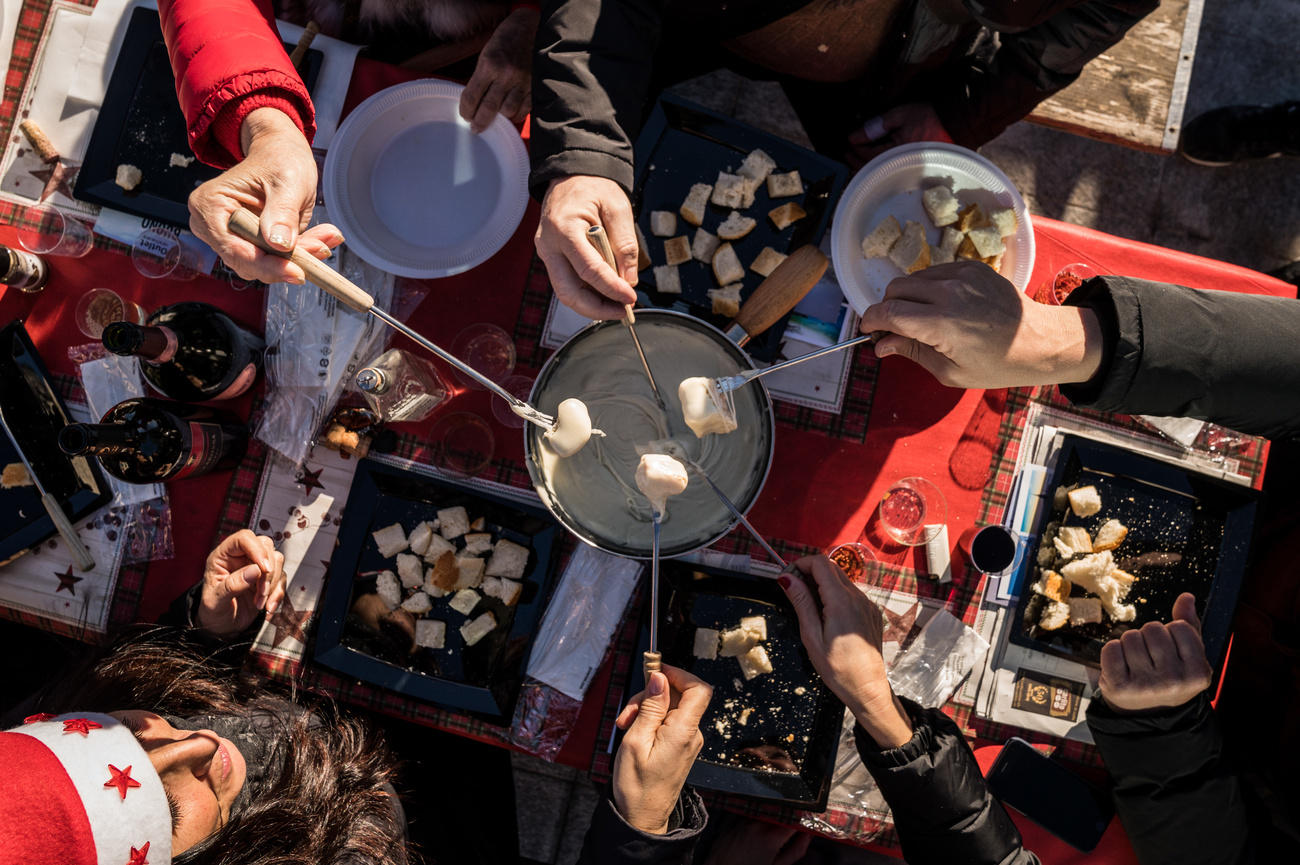
Is that really true? We asked whether you’d heard anything about Switzerland that sounded suspicious and that you wanted us to check out and clear up. Here is the second collection of answers to some of the quirkier queries.
Questions this time involve nuclear bunkers and how much noise you can make on Sundays, whether in the garden or the laundry room. But first, a sticky political issue:
Is it true that you have to know the recipe for fondue to pass a Swiss citizenship test? – Heather
It’s not true. The route to becoming Swiss varies from municipality to municipality, but it usually involves some sort of general knowledge test and interview about why you want to become Swiss. Not knowing the answer to one particular question would not disqualify you. In Bern, for example, you need to score 60% on the general knowledge testExternal link (29 correct answers out of 48).
Occasionally one hears about seemingly extreme cases, for example the American professor who had lived in Switzerland for more than 40 years, spoke the language and raised three children, but was still turned down for Swiss citizenship.
Another recent case – which is possibly what you’re referring to – was of a trilingual British entrepreneur who, according to tabloid newspaper headlinesExternal link, didn’t get Swiss citizenship because he didn’t know which canton raclette comes from (do you?). As it turned out, there were a few more things he didn’t know, and the local naturalisation committee judged that he was “unsatisfactorily familiar with Swiss lifestyle habits, customs and traditions”. He was successful on his second attempt.
Is it true that every resident in Switzerland has an assigned bunker they must go to in the case of war/nuclear holocaust? – Aliya
It’s not true. “Each resident shall have the right to a place in a protective shelter near to his or her home,” says Article 45 of the federal civil protection lawExternal link, which also lays out obligations for property owners and municipalities to build and maintain a sufficient number of shelters.
So once the sirens start wailingExternal link, you don’t have to go anywhere – you could just close the windows and stay at home. Perhaps your apartment block has its own reinforced cellar. But if you want to go to a public shelter, there will be space for you. But where? How do you find out where your nearest shelter is?
“Ask your local municipality,” is the short answer from the Federal Office for Civil Protection. It adds, however, that there’s no perceived acute threat of a nuclear war that might affect Switzerland and, as such, “in the area of civil protection, no specific measures are being considered”.
I was told that if I rented a ‘Schrebergarten’ (an allotment garden) in Switzerland, I wouldn’t be allowed to work on it on Sundays. Is this correct? – Deborah
It depends what you mean by work. Most allotmentsExternal link will have “house rules” on issues like litter, noise and barbecues. These will probably include not being allowed to use machines on Sundays, bank holidays and after a certain time during the week. But a bit of trowelling, weeding and watering should be fine – even encouraged. See the final answer below.
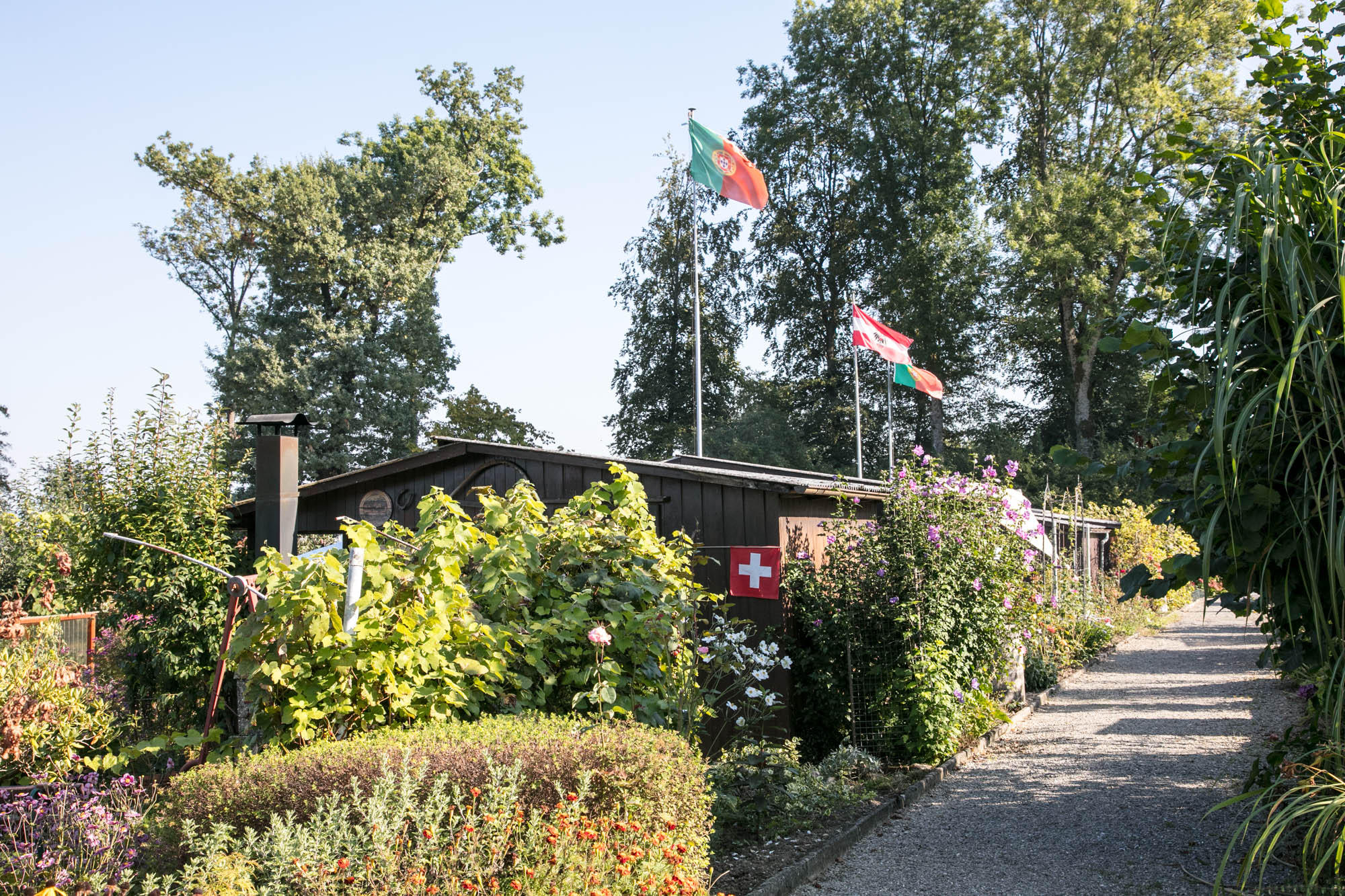
More
My plot of Swiss soil
External linkIs it true that Knorr’s origins are German and not Swiss? – Rita
It is true. Many Swiss might think that the maker of powdered foods, soups and stock cubes is Swiss – based on the popularity in Switzerland of impish little KnorrliExternal link and Aromat, an MSG-laced seasoning. But Carl Heinrich Theodor Knorr (1800-1875) was a German entrepreneur who founded the company in 1838 in Heilbronn, the German city where its headquarters are still located.
Knorr, owned since 2000 by Anglo-Dutch conglomerate Unilever, started off by making dried chicory root (as a coffee substitute) and powdered pulses, eventually selling to neighbouring Austria and Switzerland. To avoid paying high customs duties, in 1907 Knorr built a factory in Thayngen, just across the border in canton Schaffhausen.
After the war, the Swiss factory focused on the Swiss market and launched hits such as Aromat in 1953 and Stocki instant mashed potato in 1960 – all featuring (at least in Switzerland) soup-plate-faced Knorrli, created as an advertising mascot in 1948.
So while Knorr’s origins are 100% German, it’s fair to say that certain products were created in Switzerland and are targeted at the Swiss market.
Is it really not allowed to vacuum or do other cleaning chores in an apartment in Switzerland on Sundays? – Deborah
Is it true that you are not allowed to do laundry on a Sunday, even if the washer and dryer are within the confines of your own home and not communal? – Joyce
Can one let the dirty water run after 9pm? – Anula
Let’s lump all these together into a “disturbing the peace” category. The issue of noise was addressed in the previous collection of questions – that time about loo-flushing after 10pm.
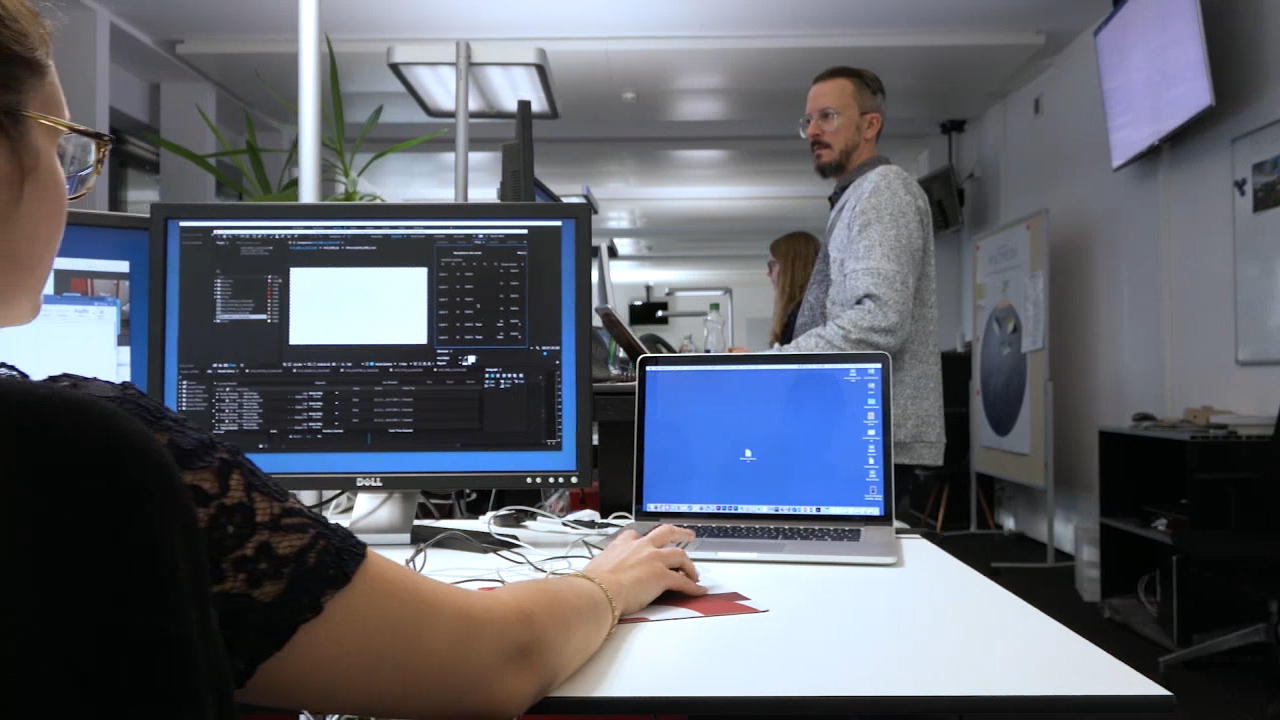
More
Fact checks by SWI swissinfo.ch: How we work
A government booklet available in 17 languages, Living in SwitzerlandExternal link, has a chapter called Getting on with your Neighbours. “Night rest usually lasts from 10pm until 7am, afternoon rest from noon until 1pm,” it says. “During this time, the following applies: TV and music equipment should be turned down to a moderate volume level, avoid all noisy activities. On Sundays and public holidays, noise must also be avoided.”
Ruedi Spöndlin, a legal adviser at the Swiss Tenants’ AssociationExternal link, explained in an advice columnExternal link that the general rule at night – and by implication Sundays – is “room volume”. “That means you can talk and listen to music that can be heard only in the same room. On the balcony, it’s ‘table volume’.”
In addition, it’s possible that your rental contract will forbid certain things either completely (e.g., smoking) or at certain times. Read your contract! It’s also probable that your block of flats will have some house rules on what can and can’t be done at certain times.
To answer your questions, you can do whatever chores you want on Sundays, Deborah, as long as they don’t make any noise. Get dusting! And it doesn’t make a difference if it’s your own washer and dryer, Joyce – if the neighbours can hear it, you shouldn’t do it.
Anula, it depends what you mean by “dirty water”. As explained, don’t use any machines after 10pm. That said, flushing the loo and taking a short shower is OK, but running a bath is not, according to this consumer journalistExternal link.
As always, use your common sense – Sunday is widely accepted as a day of rest and peace. If you wouldn’t want your neighbours vacuuming, doing the laundry, practising an instrument or mowing the lawn late at night or on a Sunday, don’t do it yourself. It’s all about mutual respect.
This article is part of an ongoing series of fact checks driven by our readers, who wrote in with suggestions of claims about Switzerland we should verify. You can catch up on previous fact checks from the series under Related Stories below.

More
Fact check: Lonely guinea pigs and other quirky Swiss rumours

In compliance with the JTI standards
More: SWI swissinfo.ch certified by the Journalism Trust Initiative

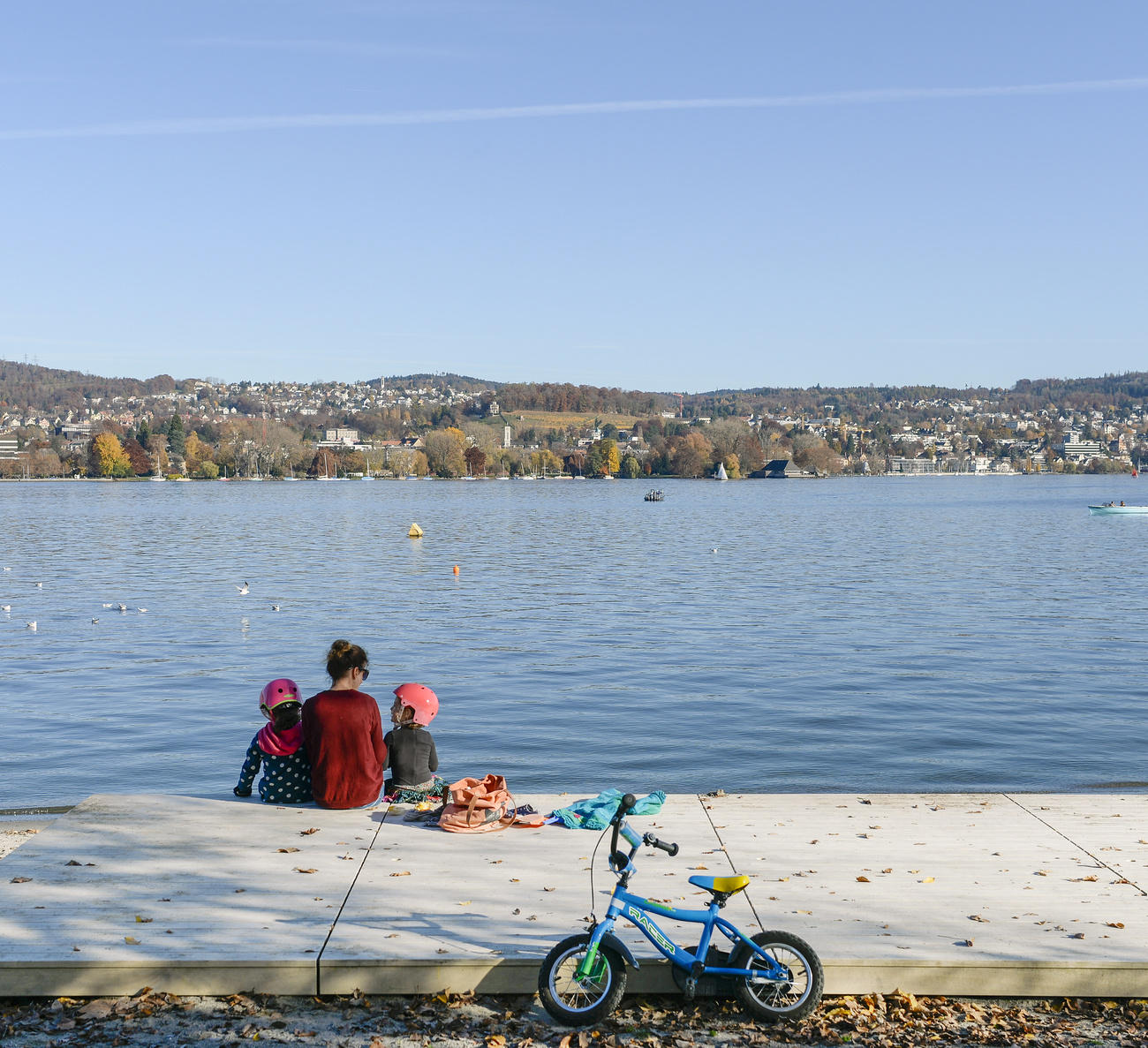

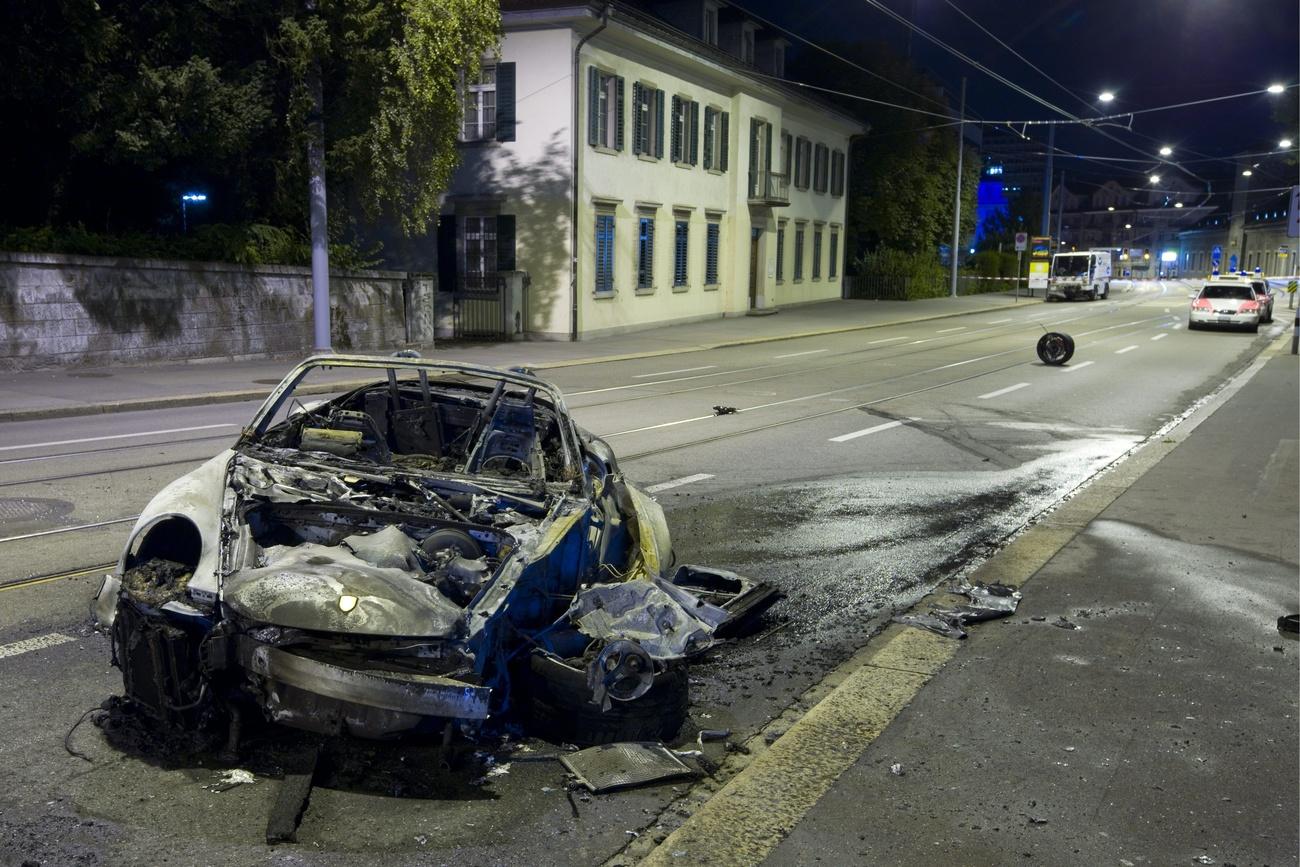


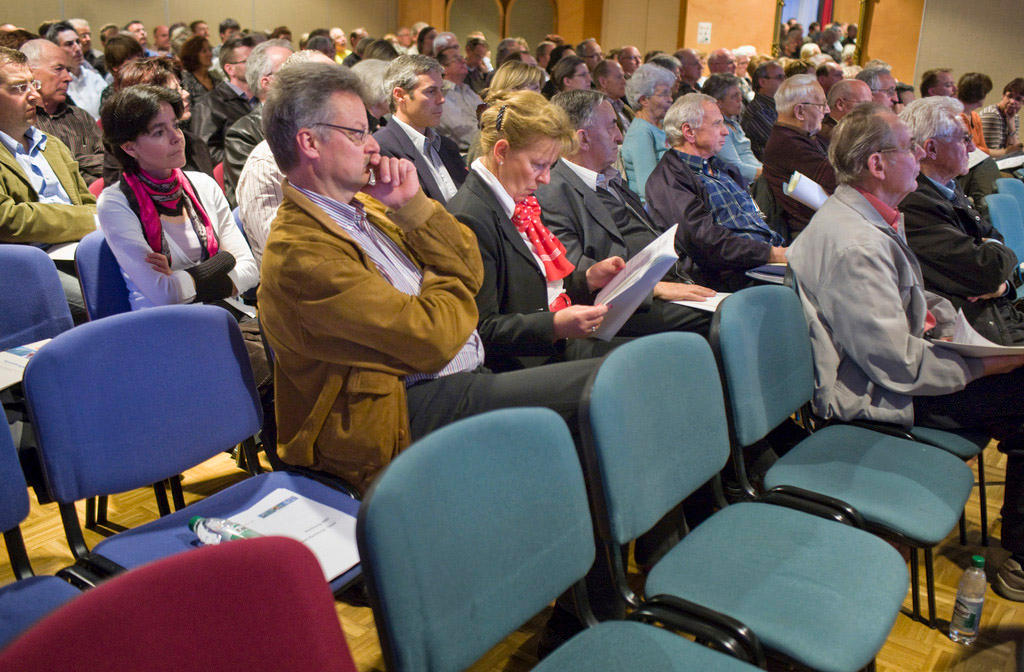
You can find an overview of ongoing debates with our journalists here. Please join us!
If you want to start a conversation about a topic raised in this article or want to report factual errors, email us at english@swissinfo.ch.